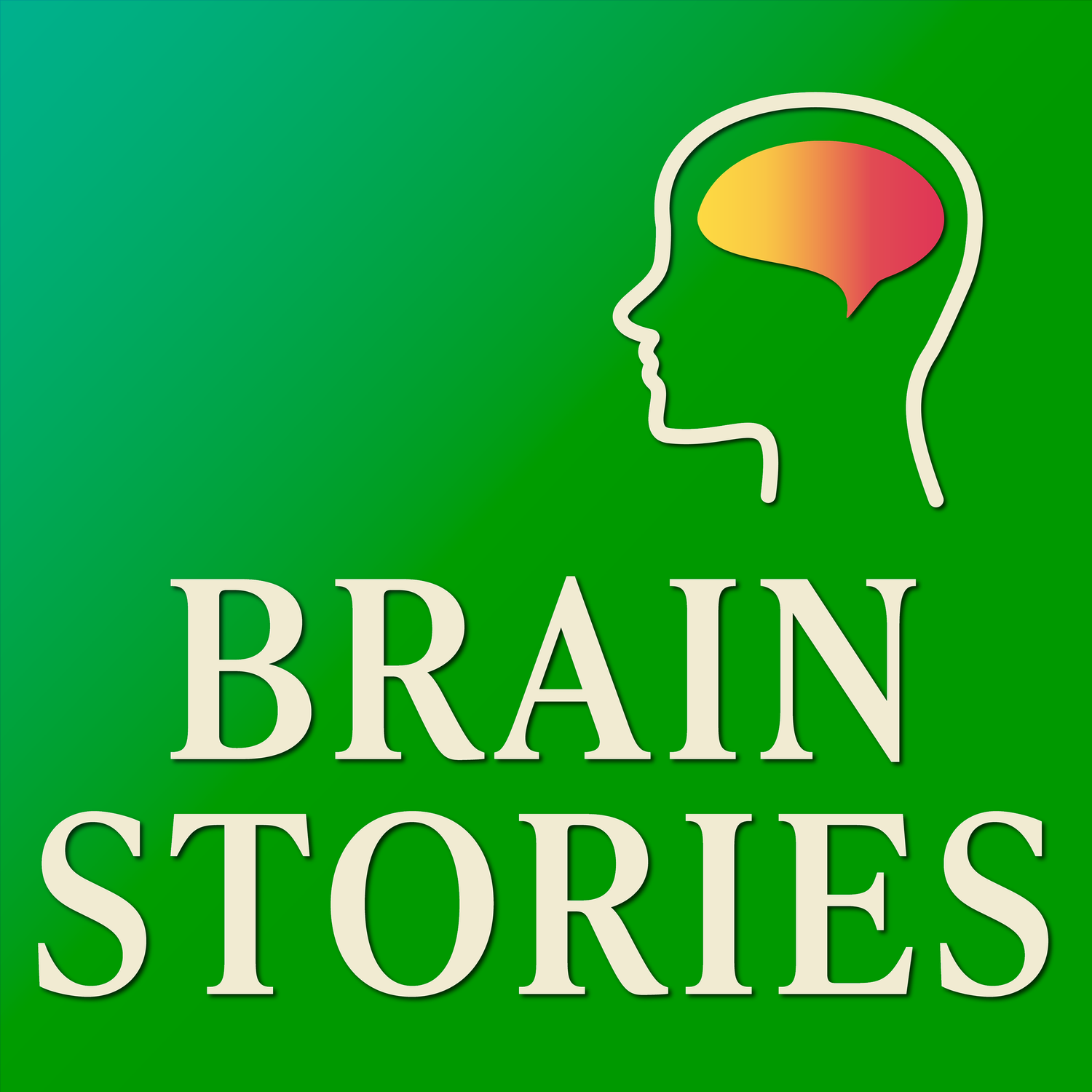Resources
This page is designed to guide and support anyone seeking information. Whether you are living with schizophrenia, supporting a loved one, or looking to learn more, you will find practical information and compassionate guidance to help navigate the journey. Our goal is to make understanding more accessible and support more visible, because no one should have to face it alone.
Schizophrenia is a chronic and serious mental health condition that affects a person’s thoughts, emotions, and behavior. It is often misunderstood or misrepresented, which contributes to stigma and fear. People living with schizophrenia may experience hallucinations (seeing or hearing things that aren’t there) or delusions (false beliefs). Their speech or behavior can become disorganized, and they may face difficulties with memory or social connection. The condition is far more complex than what is often portrayed in the media. Schizophrenia is not about being “out of touch with reality” at all times, and it is not associated with violence or unpredictability — these are harmful myths, not facts.
Symptoms generally begin in late adolescence or early adulthood and vary greatly from person to person. Some individuals experience periods of stability with mild or no symptoms, while others encounter persistent challenges. It is important to understand that schizophrenia is a medical condition. It is not a sign of personal failure or moral weakness, and it cannot be overcome simply by willpower. Like any chronic health condition, it requires ongoing care and support. With appropriate treatment and reliable social support, many people with schizophrenia can manage their symptoms and lead independent and fulfilling lives.
Understanding schizophrenia also involves separating fact from fiction. Listening to the lived experiences of those affected helps us see them as more than a diagnosis. They are family members, friends, professionals, students, coworkers, and active members of their communities. By prioritizing empathy over judgment and education over assumption, we foster a society that is both more informed and more just.
If you are in crisis, or you know someone who is, contact the 988 Suicide & Crisis Lifeline or dial 911 in case of emergency.
Call or text 988
Chat 988lifeline.org
Explore these resources below.
-
The 988 Suicide & Crisis Lifeline provides 24/7, nationwide access to trained crisis counselors for individuals experiencing suicidal thoughts, emotional distress, or mental health emergencies.
-
La Línea de vida 988 para la prevención del Suicidio y Crisis conecta a personas que están atravesando una crisis suicida o angustia emocional con consejeros capacitados en situaciones de crisis. La línea 988 está disponible las 24 horas del día, los 7 días de la semana, en todo Estados Unidos. Sus conversaciones son gratuitas y confidenciales. Presione el #2 al llamar, o mande un mensaje de texto “AYUDA” al 988.
-
The National Alliance on Mental Illness (NAMI) offers a range of peer-led support groups designed to facilitate the sharing of personal experiences and the exchange of mutual support among individuals facing similar mental health challenges.
-
The Substance Abuse and Mental Health Services Administration (SAMHSA) is a federal agency dedicated to improving the behavioral health of individuals across the United States. Its mission includes promoting mental health, preventing substance misuse, and supporting access to treatment and recovery services. SAMHSA’s “Find Support” tool offers nationwide information on healthcare providers, treatment programs, treatment payment options, and support groups.
-
FindTreatment.gov is a confidential and anonymous resource for people seeking treatment for mental and substance use disorders.
Learn more about schizophrenia below.
-
Visit the National Institute of Mental Health.
-
Visit the National Alliance on Mental Illness (NAMI).
-
Visit Mayo Clinic.
-
Visit Cleveland Clinic.
Brain Stories
Brain Stories is a storytelling platform founded by Frank Kosa and Janet Yang, who met while training to lead family education classes with the National Alliance on Mental Illness. While teaching together, they began hearing powerful accounts from people living with mental illness and from those who support them. These stories were deeply moving and often shared only behind closed doors, with little space in the broader public conversation.
Motivated by the need to bring these experiences into the open, Frank and Janet launched the Brain Stories podcast. Through this platform, they share real and honest stories that highlight both the challenges people face and the strength that exists within individuals and families affected by mental illness. Their work centers on increasing understanding and reducing stigma by fostering awareness and care within mainstream culture.
We partner with Brain Stories through mutual content sharing and collaborative outreach. By amplifying each other’s work, we aim to expand access to lived experiences that challenge stigma and encourage more open conversations around mental health.
Learn more about their work at brainstoriesproductions.com and on their Instagram @brain_stories. Be sure to also check out their podcast on Apple Podcasts!

